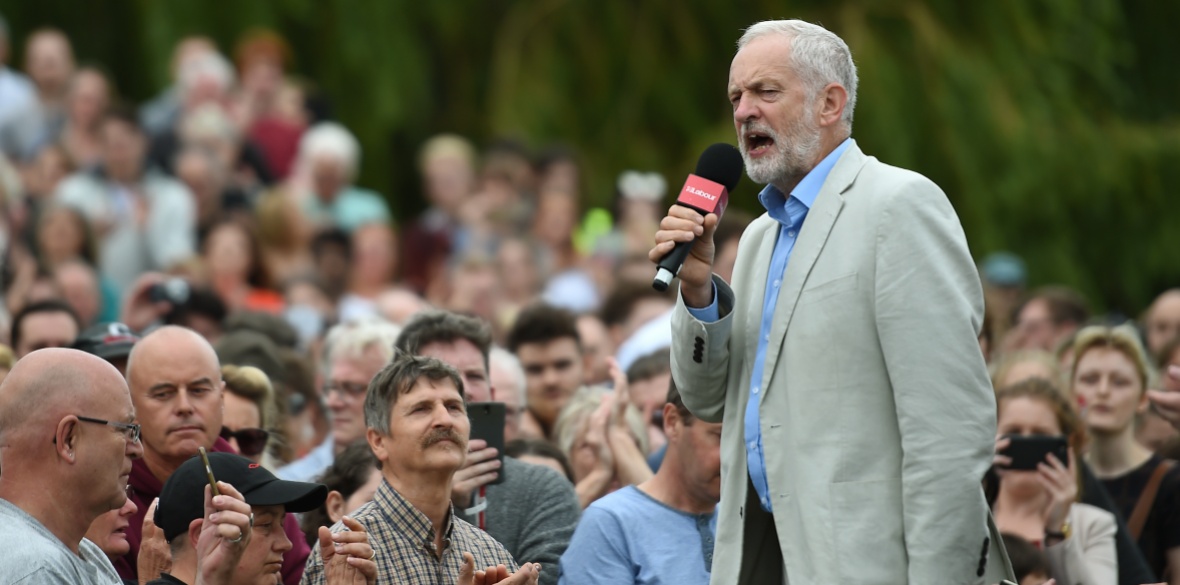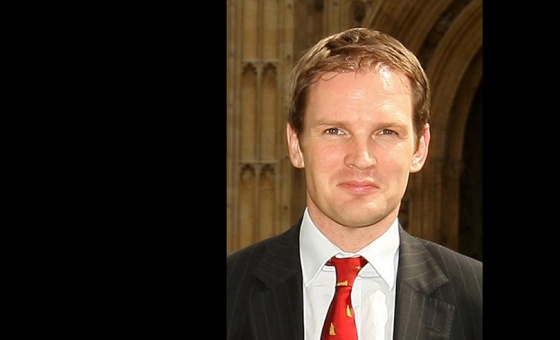This is the last article you can read this month
You can read more article this month
You can read more articles this month
Sorry your limit is up for this month
Reset on:
Please help support the Morning Star by subscribing here
IN recent British history we have never experienced, as we do today, such a clone-like consensus around right-wing orthodoxies between our two main political parties.
This has given rise to a political vacuum on the left, a vacuum that calls out to be filled — and there is no shortage of candidates with ideas about how to do just that.
One of the recurring suggestions is the need to form a new political party of the broad left as Labour appears to have abandoned all those traditions and principles on which the party was founded.
Given Labour’s lurch to the right and its leadership’s determination to eradicate all traces of left-wing opinion in the party, many on the left have come to the conclusion that we have to have a new party. The only question is when, how and what sort?
There are already a number of organisations and groups attempting to achieve some sort of consensus on the left to set up an umbrella organisation in order to mount a united electoral challenge to Labour’s traditional occupation of the left field.
There is the Trade Unionist and Socialist Coalition, which already has 240 candidates approved to stand in May’s local elections. We have the Transform Party (also known as Transform Politics, or simply Transform), a merger of four small political groups. Transform aims to build a new left-wing political party. There is George Galloway’s Workers Party of Britain, as well as several sect-like grouplets.
We also now have the broad-left alliance called Collective, which is attempting to bring many of these disparate left groups under one umbrella and give the movement a clear focus. Some individuals have already announced their candidacies.
The formation of Collective was announced by Andrew Feinstein, former ANC MP and leading critic of the global arms trade. He is standing as an independent in Keir Starmer’s own constituency. Collective is billed as the foundation of the first organised mass movement of the left outside the Labour Party.
It has been established following months of deliberation among grassroots campaign groups and prospective independent candidates for both council and parliamentary elections. Though it is not establishing a new party to contest this year’s election, it is planning to eventually transform into a new party once it has grown a mass membership base.
There is no doubt that there is a new political atmosphere in the country: anger at the rundown of essential services, a lack of perspective or hope, alongside a general disillusionment with politics and politicians in general. The central task of any serious left-wing political challenge is to find a way of tapping into that potential, addressing that anger and those concerns.
Jeremy Corbyn managed to do exactly that until he was defenestrated by the traitors in his own party and his reputation torn to tatters by a relentless media witch-hunt.
But before that happened, he managed to galvanise and inspire tens of thousands up and down the country, making politics popular again. He did this as the leader of the Labour Party, using the party’s brand name and its machinery. Attempting to do something similar from outside the mainstream party-political structures is a daunting task.
Whatever organisational forms and leading figures emerge out of this crucible, one thing is essential: we on the left need to emerge from our bubbles and connect with the world beyond.
We should take a leaf out of Corbyn’s book and recognise that the main reason why he was able to rally so many around his flag is that he eschewed jargon and sloganising. Instead, he addressed people’s real daily life concerns, offering achievable solutions and giving hope.
That is exactly what any new left-wing formation or party would need to do. We have to jettison all cheap and ineffective sloganising; we need to recognise that even terms like “socialism” and certainly cliched rhetoric like “smash the Tories” or “down with capitalism,” so beloved of the far left, can frighten and alienate just those people any new left-wing party will need to bring on board.
We don’t have to give up our ideas and beliefs, but simply recognise that we won’t convince others by trying to push slogans down their throats. To achieve any success at all, any new party needs to be welcoming to a broad spectrum of people, many certainly without firm ideological beliefs, many non-socialists and those with quite different priorities and goals.
With an election this year, there is not a lot of time in which to organise, but successes by independent candidates in the May elections could boost the prospects of a real challenge.











